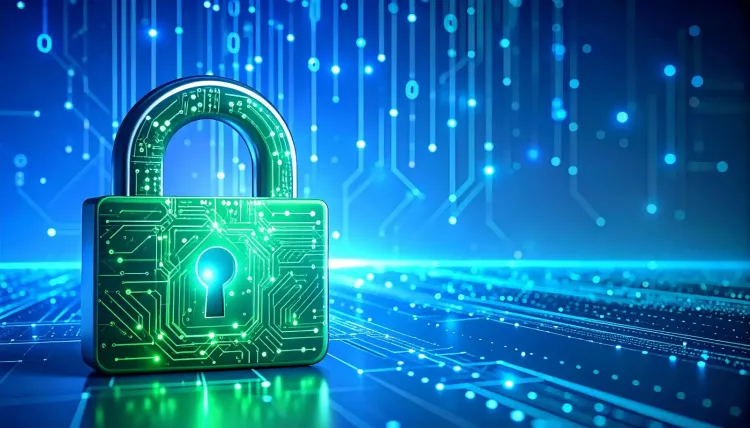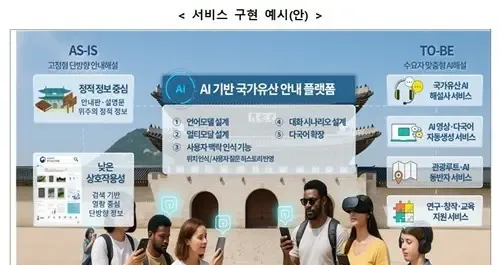What are the Consequences of IMEI Tampering and Telecom Identifier Misuse?

Synopsis
Key Takeaways
- Tampering with IMEI numbers is illegal.
- Severe penalties include imprisonment and fines.
- Fraudulent SIM card acquisition is prohibited.
- Citizens must protect their SIM cards from misuse.
- Awareness of these laws is essential for compliance.
New Delhi, Nov 24 (NationPress) In an effort to shield citizens and uphold the integrity of telecom networks amidst the swift expansion of mobile connectivity, the government has once again issued a warning regarding the tampering and misuse of unique device identifiers.
The Department of Telecommunications (DoT) has reminded all citizens about the stringent legal stipulations outlined in the Telecommunications Act, 2023, which forbids the alteration or use of devices with tampered IMEI numbers.
“With the rapid increase in mobile connectivity across India, the misuse of telecommunication identifiers like the International Mobile Equipment Identity (IMEI) number has emerged as a significant concern,” stated the DoT in a release.
The DoT has issued a strong advisory to the public regarding the serious legal implications under the Telecommunications Act, 2023, which designates it a criminal offense to alter or utilize devices with tampered IMEI numbers.
This Act encompasses extensive measures aimed at ensuring telecom security, and any tampering with telecommunication identifiers—especially IMEI numbers—falls under rigorous legal scrutiny.
According to Section 42(3)(c) of the Act, tampering with telecommunication identifiers, including mobile phone IMEIs, is strictly forbidden. Moreover, Section 42(3)(e) criminalizes the acquisition of SIM cards or other identifiers via deceptive means such as fraud or impersonation.
The law further specifies in Section 42(3)(f) that anyone knowingly in possession of a mobile device, modem, SIM box, or any radio equipment using an unauthorized or tampered identifier is committing a crime.
Violations of these regulations carry harsh penalties. Offenders could face imprisonment for up to three years, fines reaching Rs 50 lakh, or both. Per Section 42(7), these offenses are categorized as cognizable and non-bailable, allowing authorities to make arrests without a warrant.
The same severity of punishment is applicable to those who aid, promote, or facilitate such offenses, as per Section 42(6).
Additionally, the Telecommunications (Telecom Cyber Security) Rules, 2024, further strengthen these regulations by banning the alteration of IMEI numbers or the use, production, or possession of equipment that allows for IMEI modification or manipulation.
Citizens are thus urged to refrain from using any mobile device with a tampered IMEI number and to avoid acquiring or assembling devices—such as modems, SIM boxes, or modules—that feature configurable or altered IMEIs.
They should also steer clear of obtaining SIM cards through fraudulent documentation or impersonation, and must not transfer SIM cards issued in their name to others, as this could facilitate misuse, according to the DoT.
Furthermore, the utilization of mobile applications or websites that modify Calling Line Identity (CLI) or other telecom identifiers is strictly forbidden and may result in legal repercussions.
Citizens who acquire SIM cards in their name and lend them to others for illicit activities, including cyber-fraud, will also be held responsible as offenders, the DoT emphasized.
“Citizens need to understand that using devices with tampered IMEI numbers, obtaining SIM cards through deceitful methods, or handing over their SIM cards to others for misuse can lead to severe legal consequences,” the Department stressed.








